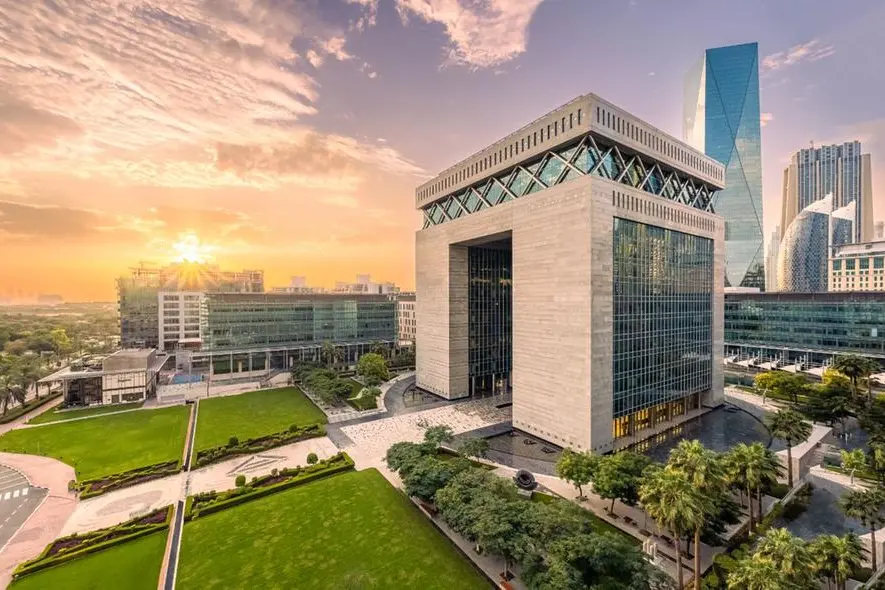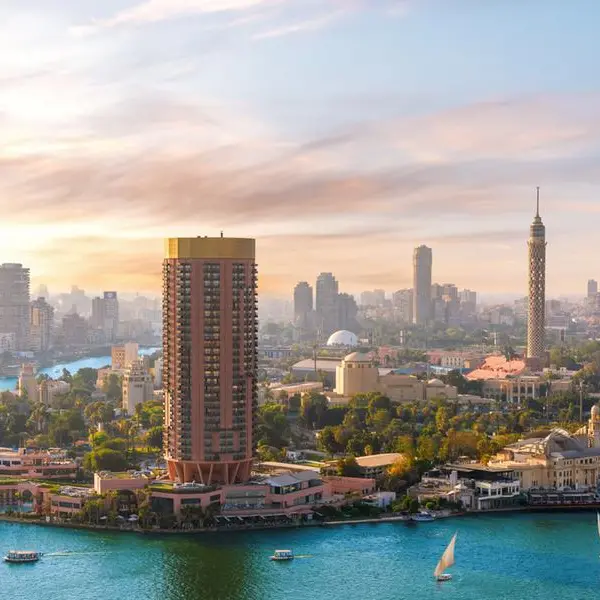PHOTO
The world’s wealthy are setting up their family offices in Dubai International Financial Centre (DIFC) because the privacy afforded by the centre’s regulations is better for their security.
Having to disclose their wealth publicly is a security risk for high-net-worth individuals (HNWI), leading to threats such as kidnapping and demands for ransoms in less secure countries than the UAE, experts said.
Dubai allows them to disclose only to a registrar and a regulator rather than make records publicly available.
However, the levels of scrutiny by DIFC’s registrar and regulator mean the privacy afforded to HNWIs would not impact the UAE’s removal from the Financial Action Task Force (FATF) grey list. At the launch of Swiss private bank Lombard Odier’s UAE Expat Survey, DIFC Authority’s head of wealth management, Jonathan Beardall, said that although data is private, there is still a “robust due diligence process”.
Beardall said the UAE, with its two financial centres, is a growing jurisdiction and therefore is not in a position to withstand regulatory scandals relating to family offices, unlike longer established centres such as London.
Coming off the FATF grey list had been important, he said, but it had not actually slowed the number of firms or people registering in Dubai; instead, it just slowed down their ability to open bank accounts.
Yann Mrazek, managing partner of wealth advisors M/HQ, said the removal of the UAE from the grey list was important as clients are aware that its impact on credibility destroys value.
“You have an erosion in many countries of privacy – there is a lot of data in the public domain, families do not like that,” he said, adding that having to declare wealth publicly can be the trigger of an attack or demand for a ransom, “not here luckily because it’s a very safe country.
“Privacy is something that the country and the DIFC has taken as an opportunity.”
DIFC appeals to families who have their wealth worldwide, and do not want multiple access points to their data, they share it willingly with their regulator and their bank, but not the market at large, Mrazek said.
In 2022, the European Court of Justice ruled that individual European states now have the right to decide individually whether to maintain an ultimate beneficial owner (UBO) database revealing ownership of companies and entities, because of the data’s impact on right to privacy.
The UK however still maintains a Persons of Significant Control (PSC) register, said PWC’s Ismael Hajjar, partner, international private wealth and family office.
Changes to UAE expat dynamics
Lombard Odier’s report showed the changing dynamics of the UAE expat community, and the gaps in knowledge about issues impacting wealthy residents, such as tax and succession planning.
Of those surveyed, 27% had some knowledge of the tax exposure on their global assets, a statistic that Amer Malik, the head of Middle East International and senior executive officer, described as “scary”.
While 63% said they intend to move to the UAE for a two-to-five-year period, Malik said the reality for many expats is that they stay a lot longer than planned, with 61% saying they had done nothing about succession planning on their international assets.
As of the end of 2023, there were 120 family offices in DIFC and 440 foundations, Beardall said, with interest coming from Chinese family offices that had previously been set up in Hong Kong and Singapore, adding that such families were "unlikely" to set up in the USA or Europe because of geopolitical tensions.
(Reporting by Imogen Lillywhite; editing by Seban Scaria)





















